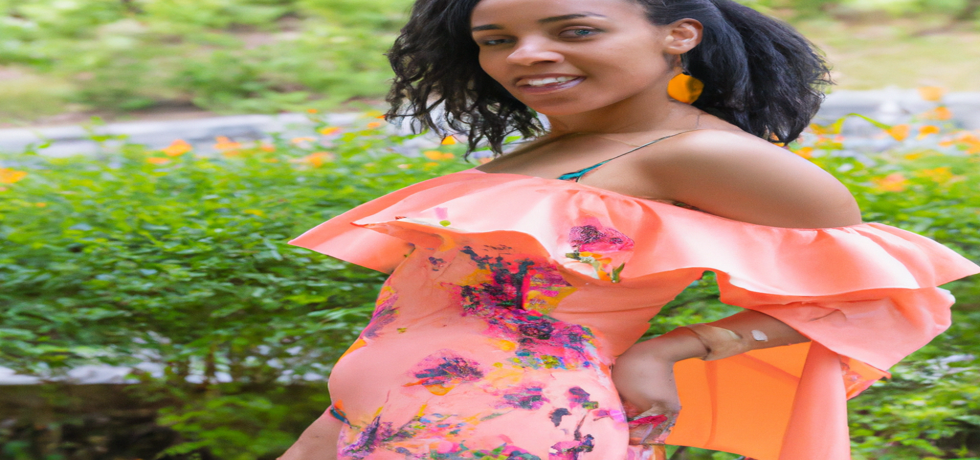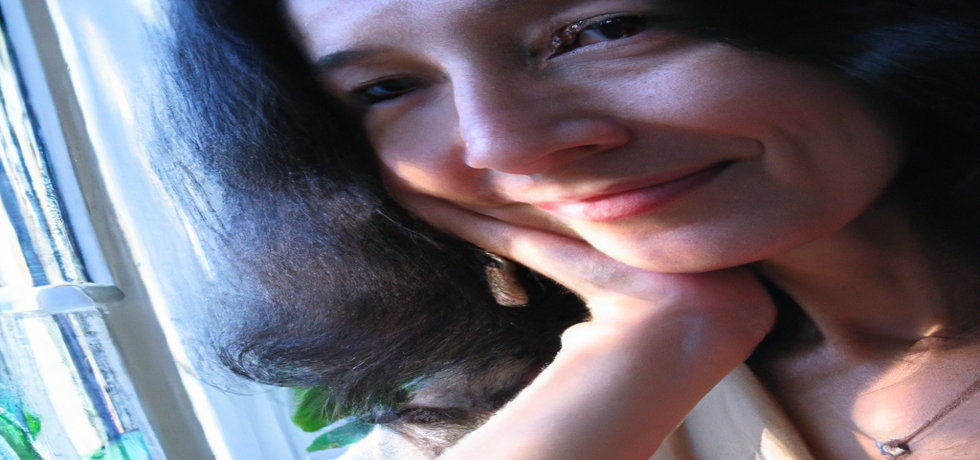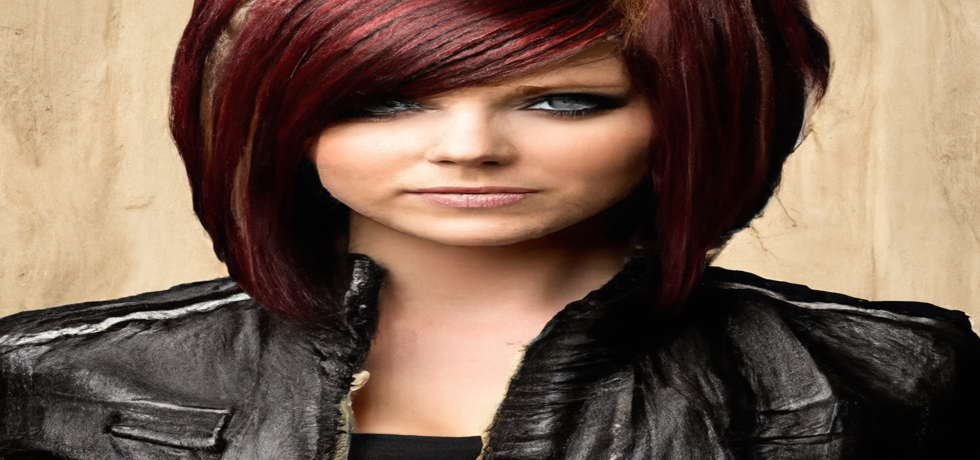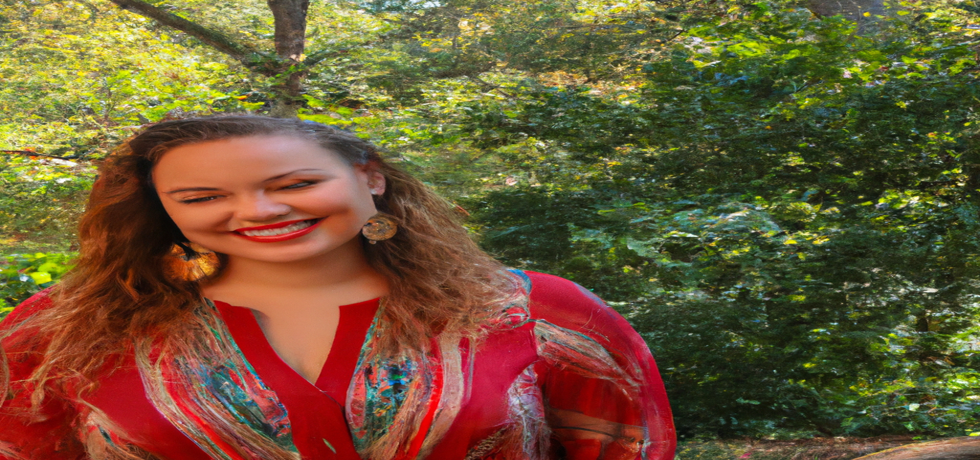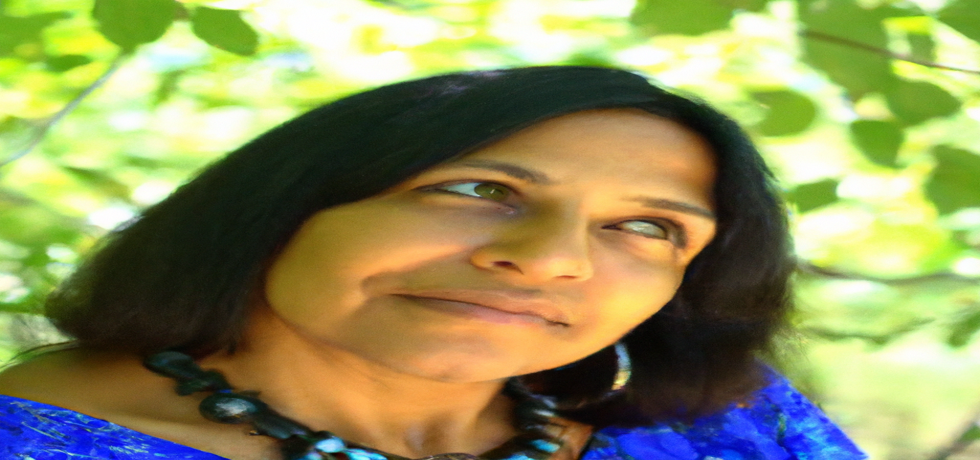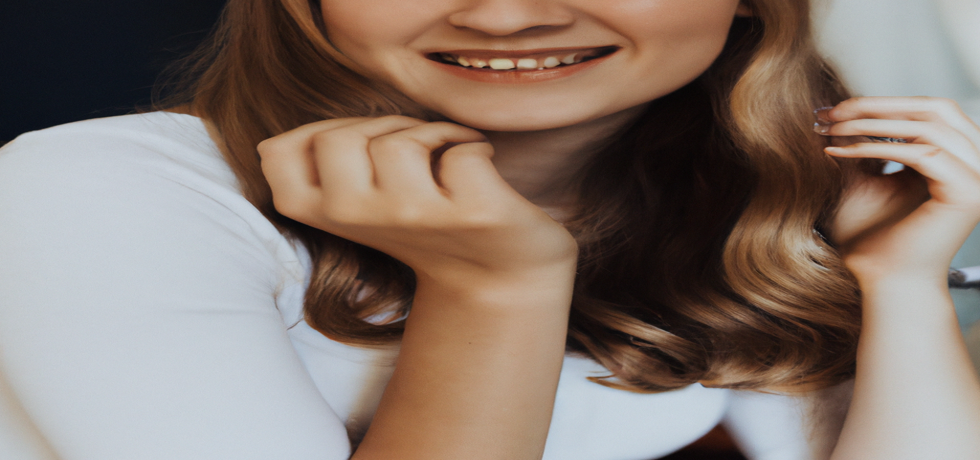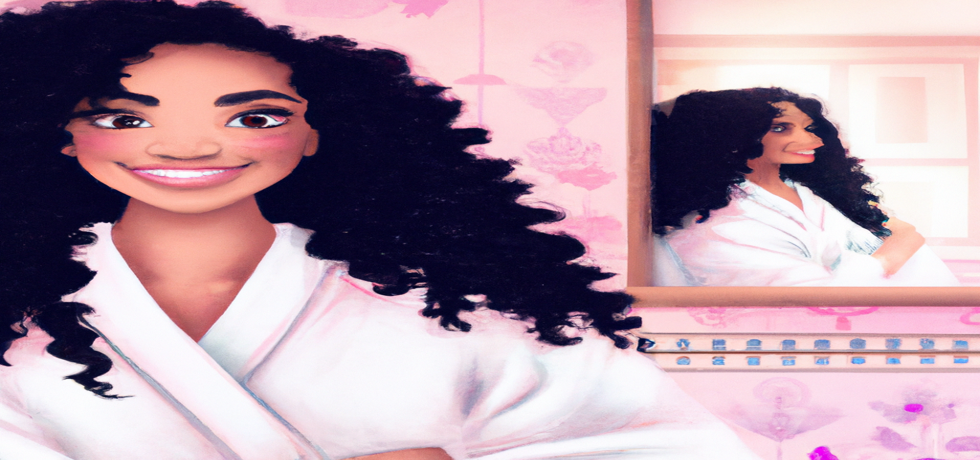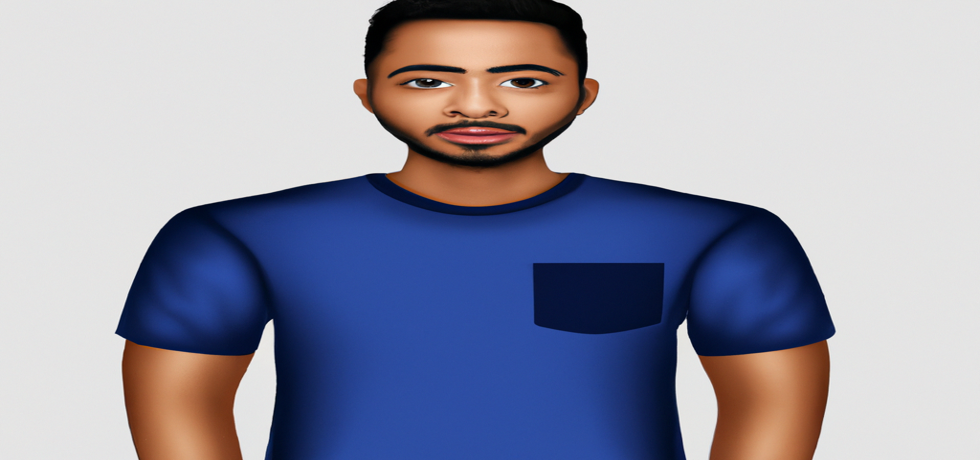Embrace the Frizz: Rock Your Volume Introduction: Celebrating Natural Hair We often find ourselves battling frizz, trying to tame our natural volume, and longing for sleek, smooth locks. However, it’s about time we embrace the frizz! Our hair’s natural texture offers a unique charm and character, providing us with opportunities to express our style in …
A New Chapter in Your Baldness Treatment Story
A New Chapter in Your Baldness Treatment Story The Journey of Hair Loss and Its Psychological Effects Hair loss can be a challenging experience for many individuals, impacting self-esteem and confidence. Whether it is caused by genetics, hormonal changes, or lifestyle factors, the emotional toll can be significant. At The Skin Artistry, we recognize that …
Continue reading “A New Chapter in Your Baldness Treatment Story”
Unleash Your Inner Rockstar with Edgy Hair Fringes
Unleash Your Inner Rockstar with Edgy Hair Fringes Introduction to Edgy Hair Fringes Have you ever dreamed of transforming your look to channel your inner rockstar? One of the easiest and most effective ways to do this is by experimenting with edgy hair fringes. This trend has gained immense popularity and is beloved by celebrities, …
Continue reading “Unleash Your Inner Rockstar with Edgy Hair Fringes”
Celebrating Differences: Ectodermal Dysplasia Awareness Month
Celebrating Differences: Ectodermal Dysplasia Awareness Month Understanding Ectodermal Dysplasia Ectodermal dysplasia is a rare genetic condition that affects the development of the skin, hair, teeth, and nails. For many, the unique characteristics associated with this condition can sometimes lead to feelings of isolation or misunderstanding. During Ectodermal Dysplasia Awareness Month, we celebrate the beauty of …
Continue reading “Celebrating Differences: Ectodermal Dysplasia Awareness Month”
Conquer Hair Loss Naturally with Targeted Solutions
Conquer Hair Loss Naturally with Targeted Solutions Understanding Hair Loss Hair loss is a common concern for many, affecting both men and women in various ways. While there are numerous treatments available, exploring natural options can often yield remarkable results. By adopting targeted solutions, individuals facing hair loss can not only enhance their hair health …
Continue reading “Conquer Hair Loss Naturally with Targeted Solutions”
The Bald Truth About Hair Loss Treatments
The Bald Truth About Hair Loss Treatments Understanding Hair Loss Hair loss can be an emotional and distressing experience for many individuals. It affects people of all ages and backgrounds, leading to a search for effective hair loss treatments. As we explore the various options available, you will learn the bald truth about hair loss …
Continue reading “The Bald Truth About Hair Loss Treatments”
Overcome Hair Loss Hurdles with Revolutionary Treatments
Overcome Hair Loss Hurdles with Revolutionary Treatments Understanding Hair Loss: A Common Concern Hair loss is a prevalent issue affecting millions of people worldwide, and it can have a profound impact on self-esteem and confidence. Whether it’s caused by genetics, stress, hormonal changes, or dietary deficiencies, hair loss can feel like an insurmountable hurdle. Thankfully, …
Continue reading “Overcome Hair Loss Hurdles with Revolutionary Treatments”
Frizzy Hair, Do Care: Self-Care Edition
Frizzy Hair, Do Care: Self-Care Edition Understanding Frizzy Hair Frizzy hair can often feel like a daily battle, but understanding its causes can help you regain control. Frizz is primarily caused by dryness, damage, or humidity, leading to hair strands that appear puffy or wavy. Many individuals, especially in humid climates like India, find themselves …
Say Goodbye to Balding with Effective Solutions
Say Goodbye to Balding with Effective Solutions Introduction to Hair Loss Solutions Balding is a concern that affects millions of individuals, especially men and women in India. The emotional and psychological impact can be significant, leading to a lack of confidence and social interaction. However, with advancements in dermatology, there are effective solutions available to …
Continue reading “Say Goodbye to Balding with Effective Solutions”
Strands of Strength: A Comprehensive Guide to Hair Restoration
Strands of Strength: A Comprehensive Guide to Hair Restoration Your Path to Healthier Hair Are you experiencing hair loss or thinning hair? You are not alone. Many individuals, both men and women, face issues related to hair restoration. Understanding the causes and exploring effective treatments can empower you to regain your confidence and enhance your …
Continue reading “Strands of Strength: A Comprehensive Guide to Hair Restoration”

